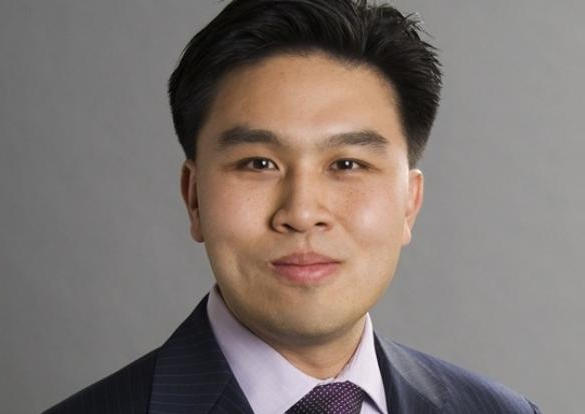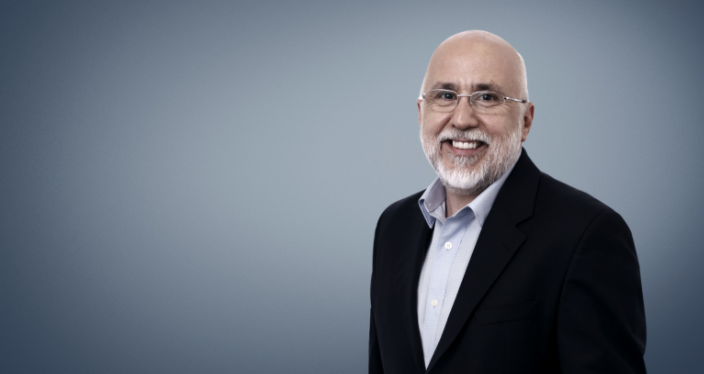Like many brown and black skinned children in this country I was raised to dream big and aim high … just with a caveat. Whatever I thought it would take to accomplish my goals, I would have to work harder and be better. That message was internalized so early on in childhood, that although I can recall questioning its fairness, I never questioned its truth. It was in fact self-evident.
And so I set about playing the game. I got used to classrooms, lecture halls, and then conference rooms where few people looked like me. I understood the power of privilege, and believed that by gaining economic security, a professional network, and strong reputation one could secure a platform. And I believed that from that platform you would be seen and heard.
So I hung the degrees and dressed the part of a doctor every day. I diligently cared for my patients and I built community with my colleagues. I was careful with my words and actions … too careful really, all the while painfully aware of the ease with which I could be labeled “angry,” “defensive” or “confrontational.”
Six months ago while at an academic meeting, I gathered with colleagues at the end of a long day. Several minutes into the conversation I found myself exhale and relax. I felt so much myself, that during a round of sharing stories of mistaken identities, I shared my own.
In the last month, I told them, I had been mistaken for a member of the custodial staff, food services, patient transport, and interpreter services, all the while dressed the part of a doctor. A colleague leaned over to me and said, “I had no idea you were so …”. He trailed off before ending the sentence, and although curious, I let it go. Whatever the word, of course he didn’t know. How could he? In an effort to work harder and be better, to fit the mold and gain a platform, I had unconsciously (or consciously) stopped bringing my whole self to work.
I returned to my institution resolved to be braver, bolder, better. I cashed in the little capital I had acquired, and I pressed harder and spoke with refreshing directness. Shortly after the pandemic hit I received an email from my department chair identifying me as an “essential employee” and I allowed myself that moment. Yes. I was essential. The work I did mattered. I mattered.
Several days later, I walked out of the hospital after a particularly exhausting day with two minority colleagues. As we made our way home to the sound of neighbors cheering health care workers from their doorsteps, we felt seen. For a minute there we felt seen, and heard and safe.
The moment was fleeting. In the weeks that followed, as coronavirus relentlessly uncovered the pervasiveness of systemic injustice, as we measured the toll of the pandemic with the mounting deaths of brown and black lives, I watched privileged black leaders cash in their capital and shout from their platforms that RACISM. IS. A. PUBLIC. HEALTH. CRISIS. I saw them. I heard them. But it felt like they were shouting into an abyss. Where was the collective outrage?
And then came May. Any delusions of equality or progress that I managed to hold onto after weeks, no decades, of watching black people die, any belief in justice that I resurrected between the deaths of Trayvon Martin and Eric Garner, between Tamir Rice and Atatiana Jefferson, were shattered as we were flooded with the news of Breonna Taylor, Ahmaud Arbery, and George Floyd. And I broke.
Three days after George Floyd’s plea “I can’t breathe” was met with apathy and violence, I stood at the bedside of another black man. His bed in the ICU was surrounded by machines and monitors, the tubing for three different masks snaked toward his face. I leaned in close and introduced myself. “I’m Dr. Farrand. I’m a pulmonologist and I am here to help.” He pulled his oxygen mask down and replied, “I can’t breathe.”
Triggered. So triggering are those three words for me, that as a new physician, I left my job in primary care, moved my family across the country, and signed up for three more years of training as a pulmonary and critical care doctor. So triggering are those three words for me, that even though I now hear them daily, their utterance stops me in my tracks and launches me into action. So triggering are those three words for me that when this patient whispered them, my immediate response was, “I promise you are safe.”
And for that moment he was. In that moment, in our defined roles as patient and physician we were seen. We were heard. We were essential. Together we each took a breath in the safety of that space, even as we were flooded with a lifetime of images that told us just how disposable we were.
In the last week we have witnessed collective, unequivocal outrage. Black leaders are being seen and heard from their platforms. Their discourse essential. But listen to them … really listen. They are expressing sorrow, anger, fear, exhaustion, but not surprise.
They have known for centuries what many are just coming to grips with — that the deep currents of institutional racism which pulse through our most respected institutions, are the lifeblood of the overt violence we now collectively reject. Although less defined and less apparent, structural racism is no less detrimental, no less erosive to our humanity, and no less deserving of our outrage and rejection.
So, yes, we can exhale that charges were filed. There is no justice without accountability. But dismantling racism requires holding ourselves, each other, and our institutions accountable every day. It requires treating 42,000,000 lives like they are essential, not by training or trade, but by birth.



